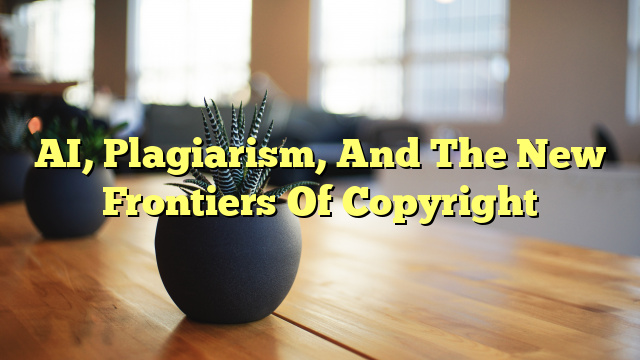Table of Contents
Can artificial intelligence infringe copyright?
With the rapid advancements in artificial intelligence (AI) technology, the question of whether AI can infringe copyright has become a topic of legal and ethical debate. While AI itself does not have legal personhood, it can be programmed to create original works that may be protected by copyright. However, the issue becomes more complex when AI is used to generate content that may potentially infringe upon existing copyrighted material.
Who is suing AI art generators over copyright infringement?
One notable case involving AI art generators and copyright infringement is the lawsuit filed by artist Richard Prince against a company called Cariou. Prince used Cariou’s photographs as source material for his own artwork, which he created using AI algorithms. Cariou claimed that Prince’s use of their photographs without permission constituted copyright infringement. The case ultimately resulted in a settlement, but it raised important questions about the role of AI in the creation of derivative works.
Does AI training violate copyright?
The training of AI models using copyrighted material has also raised concerns about potential copyright infringement. When AI algorithms are trained on large datasets that include copyrighted works, there is a possibility that the resulting AI-generated content may bear similarities to the original works. This has led to debates about whether AI training can be considered a form of copyright infringement, as the AI system may unintentionally reproduce elements of the original works.
How does AI affect copyright law?
The emergence of AI technology has prompted the need for a reevaluation of copyright law to address the unique challenges posed by AI-generated content. While AI itself cannot be held legally responsible for copyright infringement, the responsibility lies with the individuals or organizations that create, train, and deploy AI systems. It is crucial for lawmakers and legal experts to develop clear guidelines and regulations that strike a balance between protecting the rights of creators and encouraging innovation in the field of AI.
In conclusion, the intersection of AI, plagiarism, and copyright presents a complex and evolving landscape. While AI has the potential to create original works and advance creative endeavors, it also raises important legal and ethical questions. As AI technology continues to advance, it is essential for society to navigate these new frontiers of copyright and ensure that the rights of creators and copyright holders are protected.

